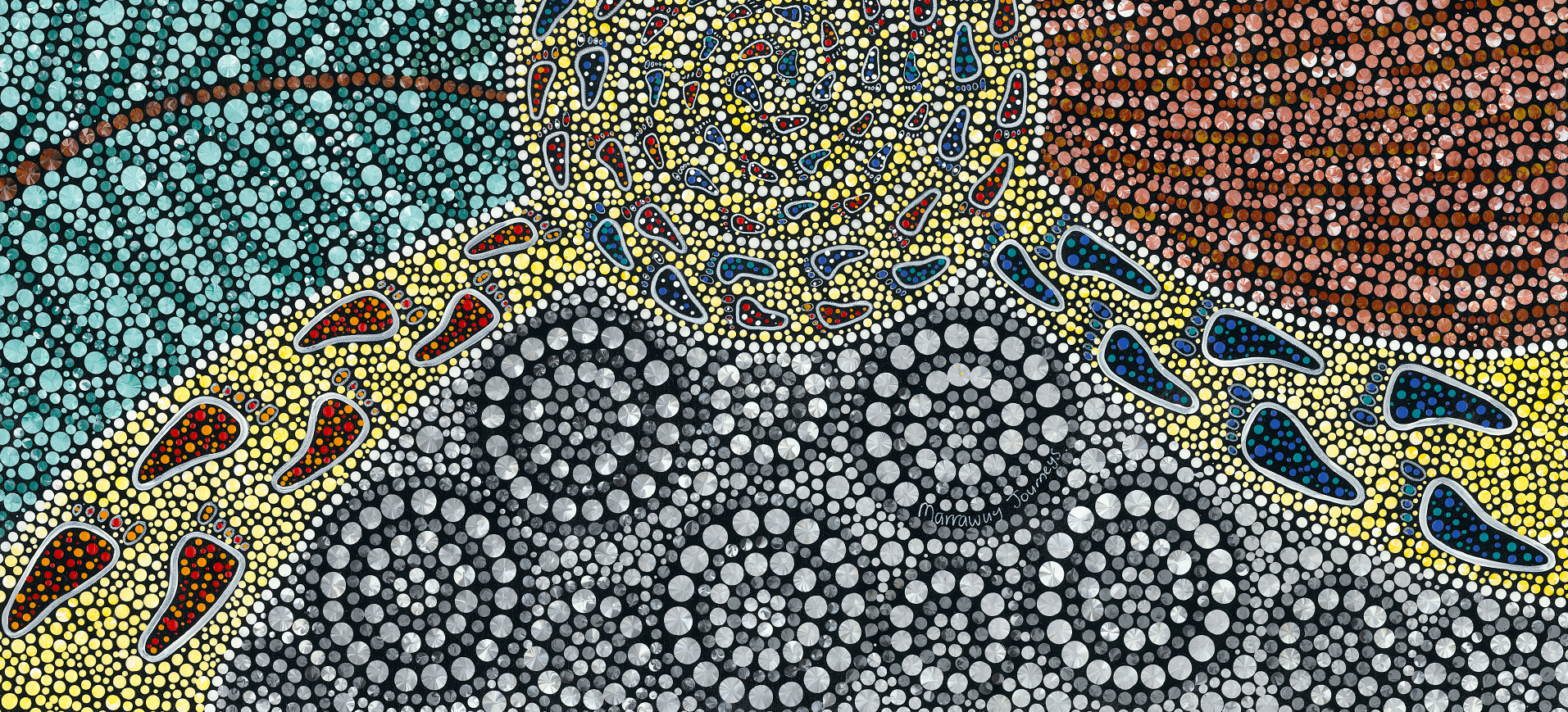Scope of accreditation
The AMC accredits training and their specialist training programs in Australia and Aotearoa New Zealand, which lead to qualifications for practice in recognised medical specialties. Recognition means that the Commonwealth Minister for Health and Ageing has made a decision to recognise a new specialty and, if necessary, approved an amendment to the Health Insurance Regulations 1975.
Accreditation procedures
The way in which the AMC manages the accreditation process, the procedures for assessing individual training programs and the accreditation decisions made by the AMC are explained in Procedures for Assessment and Accreditation of Specialist Medical Programs by the Australian Medical Council.
The AMC’s Specialist Education Accreditation Committee oversees the accreditation process. The Committee’s roles are:
- Developing guidelines, policy and procedures for the accreditation of specialist medical education and training programs.
- Overseeing the AMC’s program of accreditation.
- Encouraging improvements in postgraduate medical education that respond to evolving health needs and practices, and educational and scientific developments.
The accreditation process is based on self and peer assessment. Assessments are conducted by AMC teams which report to the Specialist Education Accreditation Committee. Teams include a mix of clinicians, specialist trainees, scientists, allied health professionals, health administrators and wider community perspectives.
Under the Health Practitioner Regulation National Law, the AMC may grant accreditation if it is reasonably satisfied that a program of study and the education provider meet an approved accreditation standard. It may also grant accreditation if it is reasonably satisfied that the provider and the program of study substantially meet an approved accreditation standard, and the imposition of conditions will ensure the program meets the standard within a reasonable time. Having made a decision, the AMC reports its accreditation decision to the Medical Board of Australia to enable the Board to make a decision on the approval of the program of study for registration purposes.
Accreditation reports
Following a detailed accreditation assessment of a specialist medical program, the AMC produces an accreditation report. The accreditation report is an in-depth assessment across all accreditation standards. An accreditation report and includes:
- states the period of accreditation granted, as well as
- monitoring requirements and
- accreditation conditions. Each AMC accreditation report indicates
- the year in which the accreditation of the education provider and its programs of study will expire
- whether the education provider is able to seek extension of the accreditation before the next reaccreditation assessment by an AMC team.
The accreditation report will also indicate if the education provider is able to seek extension of the accreditation before the next reaccreditation assessment by an AMC team. The AMC considers requests for extension via an accreditation extension submission submitted by the provider.
Between formal accreditations, the AMC monitors developments in education and training and professional development programs through periodic reports from the accredited training organisations. This requirement ensures that the AMC remains informed of responses to issues raised in the accreditation report, new developments, and issues that may affect the training organisation’s accreditation. Reports are normally required annually.
Accreditation for New Zealand specialist medical programs
The Medical Council of New Zealand uses AMC accreditation reports to assist it to make decisions about recognising medical training programs in New Zealand. The AMC works with the Medical Council of New Zealand in reviewing bi-national training programs. Revised Medical Council of New Zealand criteria are available here.
